There is no quick fix for the energy consumption problem. But, each one of us can impact and improve the situation by finding ways to conserve energy in our own lives and community.
Energy Tips
Designed To Help Tahoe Homeowners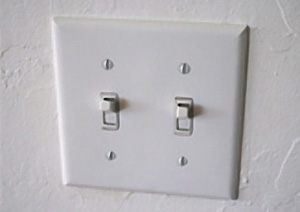
Turn those lights off!!!
Did you know that lighting in your home is responsible for about 11% of your energy bill? By turning off lights you don’t need, you’ll begin saving right away, and will extend the lifetime of all those bulbs.
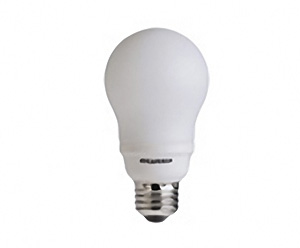
Bulbs – Bulbs – Bulbs
Compact fluorescent light bulbs are well known for big energy savings (they use about 75% less energy than standard incandescent) and they last longer! Today you can purchase these bulbs in many shapes and sizes!

Get some Motion….
Install motion sensors on lights in your home, which turn on only when movement is detected and turn off automatically.
These work well for outdoor lamps, which can also increase security. Not only does leaving lighting on all night amplify your energy costs it can also be disruptive to wildlife and your neighbors.
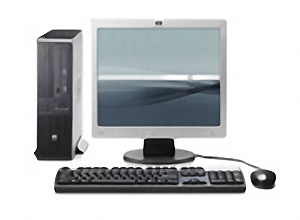
Turn it off!!!
It may take you a few more seconds to get to work, but you’ll save energy and money if you turn your computer off at the end of each day. According to the Department of Energy you’ll save an average of $90 of electricity a year.
The agency recommends shutting off your monitor if you aren’t going to use it for more than 20 minutes, and the whole system if you’re not going to use it for more than two hours. (It is true that very frequent cycling of the power switch can result in added wear.)
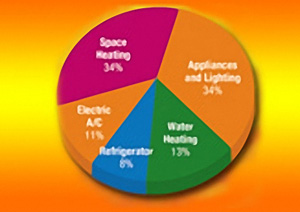
Energy Audit
Do you shudder when you open your monthly utility bills? If so, it’s probably time for an energy audit — an assessment of your home’s energy efficiency to identify problem areas and help you to be more energy conscious.
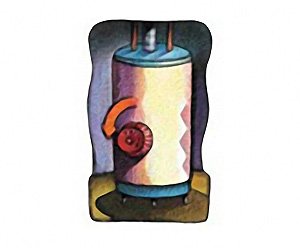
“Not so Hot”
Did you know that your electric hot water heater uses 30% of your monthly electric bill? If you have an older model, it can be even more!
Lower the temperature of your hot water heater to 120°F -125°F. This will ensure that the heater isn’t overworking itself the 20 hours a day you aren’t showering, washing clothes or doing dishes.

Lower the Thermostat
Each degree you lower the thermostat on your heating system decreases your fuel bill by 3 percent. Going from 72 degrees down to 68 degrees doesn’t matter much in terms of comfort, but it can save up to 12 percent on your heating bill. (All temperatures are in degrees Fahrenheit.) If you’re using a coil-type thermostat, you’ll get more accurate readings if you clean it. Pop off the thermostat cover and blow or gently swipe away the dust.

Winterize your home
- Heater serviced
- Change filters
- Replace batteries in smoke and carbon monoxide detectors
- Check hot water heaters for leaks and proper temp setting
- Check insulation under house and on pipes
- Inspect thermostat for function and proper setting
- Close chimney flues (if not being used)
